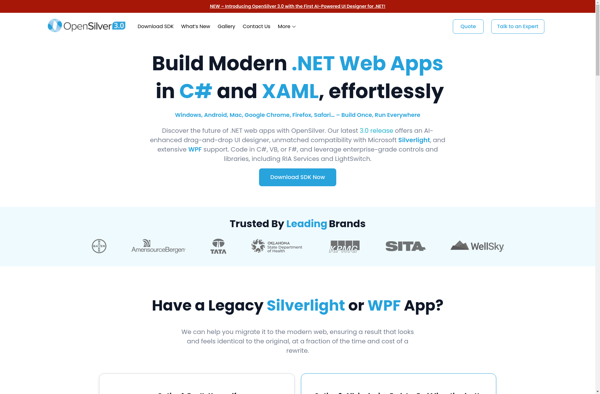Ceylon
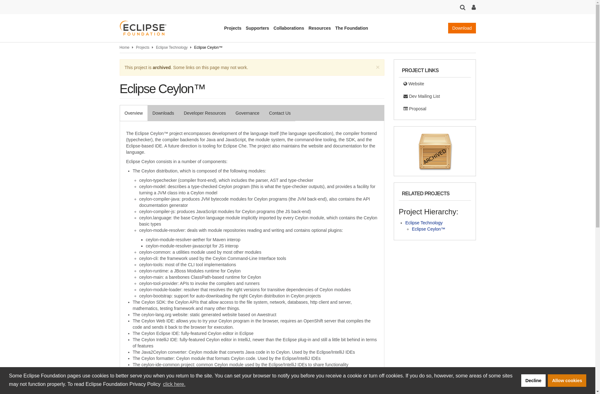
Ceylon: Open Source Programming Language
Discover Ceylon, an open source programming language designed for the Java Virtual Machine or JavaScript runtimes, featuring a strong type system, immutability, and higher-order functions.
What is Ceylon?
Ceylon is an open source programming language that can run on the Java Virtual Machine or in JavaScript runtimes. It was created by Red Hat and aims to improve upon Java's shortcomings in areas like verbosity, boilerplate code, and lack of modularity.
Some key features of Ceylon include:
- Strong and static type system - Ceylon utilizes powerful type inference to eliminate verbosity, but retains static typing for tooling and performance.
- Immutability by default - Data structures in Ceylon cannot be changed after creation, avoiding bugs.
- Higher-order functions - Ceylon supports functions as first-class objects, enabling a declarative style.
- Metaprogramming - Code can inspect and modify itself at runtime, enhancing reflection.
- Modular and hierarchical visibility control - Packages and types have more control over visibility of attributes.
Ceylon integrates seamlessly with Java code and utilizes Java build tools like Maven. It offers increased expressiveness and safety versus Java, with more elegant syntax. While not yet in widespread use, Ceylon shows promise as an alternative JVM language.
Ceylon Features
Features
- Statically typed
- Runs on JVM and JavaScript runtimes
- Emphasis on immutability
- Higher-order functions
- Metaprogramming capabilities
- Modular and hierarchical visibility control
Pricing
- Open Source
Pros
Cons
Official Links
Reviews & Ratings
Login to ReviewThe Best Ceylon Alternatives
Top Development and Programming Languages and other similar apps like Ceylon
Here are some alternatives to Ceylon:
Suggest an alternative ❐Python
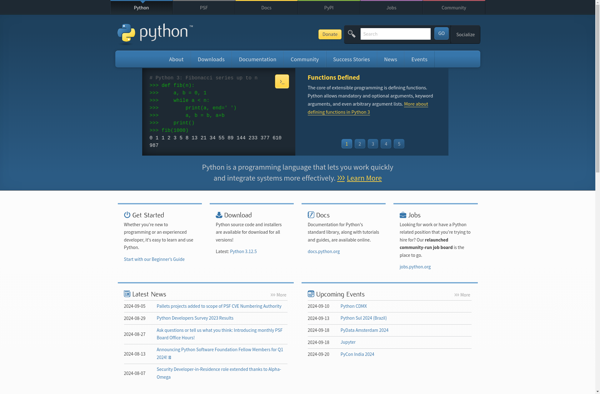
Go (Programming Language)
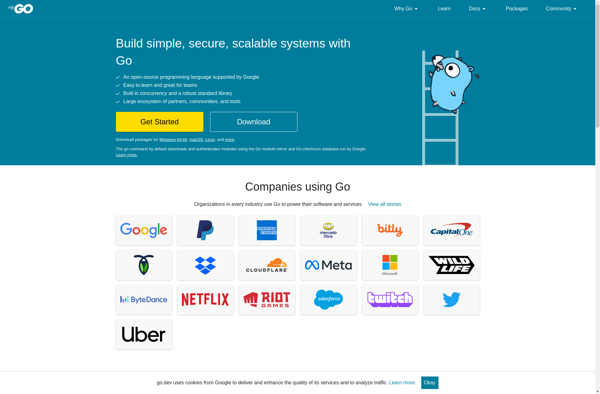
C#
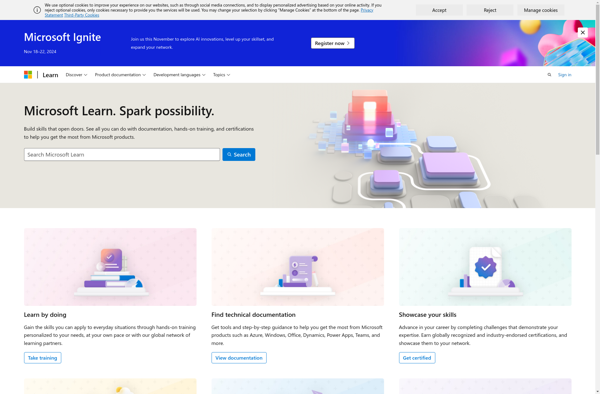
JavaScript
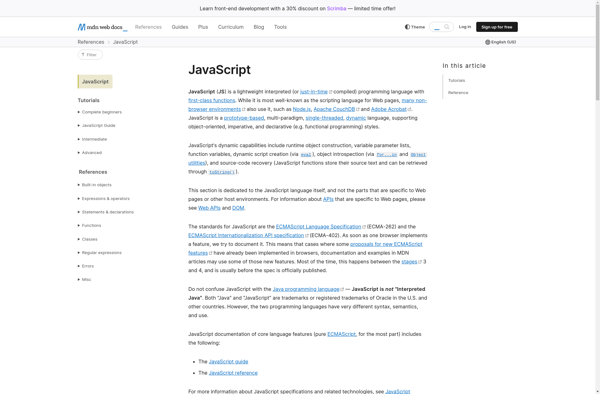
.NET Framework
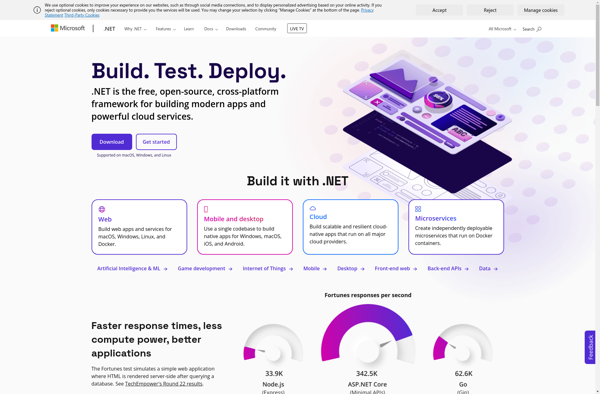
C (programming language)
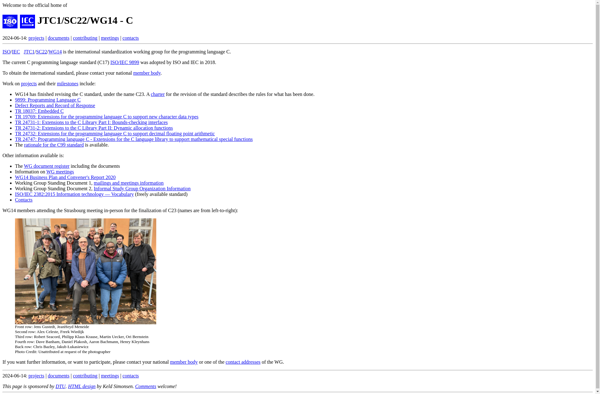
Node.js
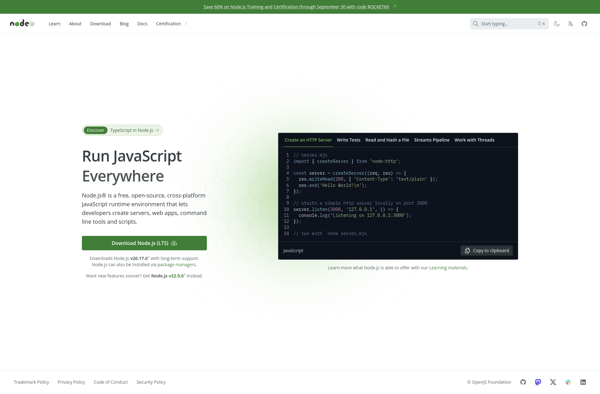
Haskell
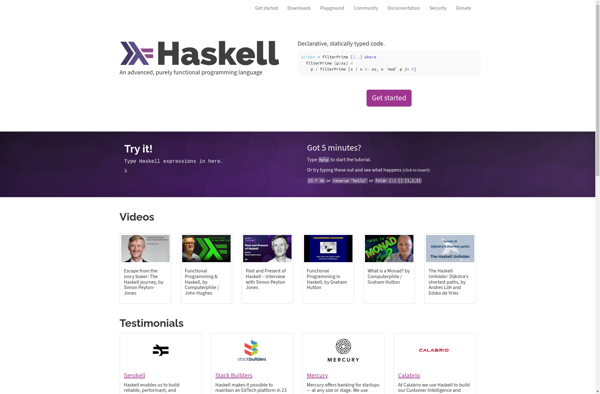
OpenSilver
